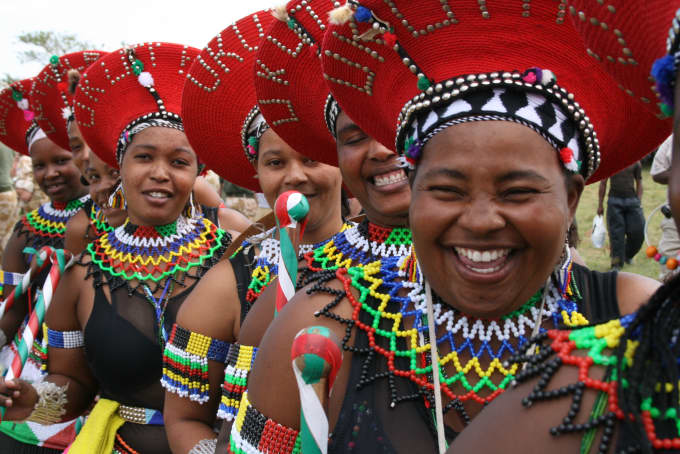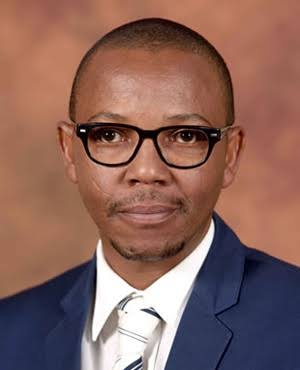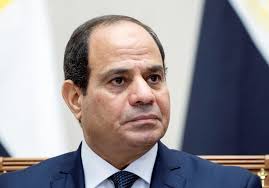How Startup Founders Are Psychologically Different From Everyone Else
It takes a certain kind of person to create a startup company. Not everyone can stomach the drought in income, the financial risk that comes with creating a company and the responsibility of hiring employees with an uncertain future. Except, nobody really has a good idea of what kind of person it does take to make an entrepreneur, says William Kerr, a professor at Harvard Business School.

“For a long time, we could only study entrepreneurs through case examples like a Steve Jobs or an Andrew Carnegie. We didn’t really have systematic data that allowed us to understand who entrepreneurs were,” Kerr says.
Then Kerr got an opportunity to study a large set of entrepreneurs — after he met Tim Rowe, the founder of the Cambridge Innovation Center, or the CIC, a startup incubator in Cambridge, Mass.
Rowe let Kerr ask thousands of people at the CIC questions about their attitudes and personalities. “That let us create a very large dataset,” Kerr says, “making headway on connecting [certain] occupations to different types of personality traits.”
Kerr published those results in the journal Proceedings of the National Academy of Sciences last month.
WBUR spoke with Kerr about his research, and what he learned about the people who start startups.
What did you learn about entrepreneurs, and how are they different from everyone else?
The most powerful findings connect to what’s been long suspected but really hard to nail down: the attitudes that entrepreneurs have towards risk. One of the basic beliefs is that entrepreneurs have to be more willing to face uncertainty and put a little bit more on the line than wage workers. So, we asked them if they wanted to collect a five dollar Amazon gift card or enter a lottery for a $2,000 prize.
About 55% of baseline employees entered the lottery, and more than 70% of entrepreneurs entered the lottery. In general terms, entrepreneurs were 20% to 40% more likely to self-report higher risk tolerance or engage in these small gambles relative to company employees.
Entrepreneurs were quite different from other people in another measure: They felt they controlled the outcomes in their lives and felt more capable of delivering certain outcomes to a higher degree.
But when it comes to baseline personality traits like how open you are or how conscientious you are, entrepreneurs interestingly did not have substantial differences.
What does that mean about these people? Entrepreneurs are basically the same as everyone else except they are more confident about their abilities and more willing to swallow risk?
You could say that. It could even go into overconfidence. Just because you have a greater sense of control, that isn’t always a good thing. In some cases, market forces or the weather do, in fact, shape outcomes more than people want to believe they did.
It does suggest that the people that have these beliefs, correctly founded or not, are more willing to strike out on their own, create a business to follow their dreams, and believe they can beat their competitors in whatever market area they’re entering.
I’ve worked with many entrepreneurs coming out of Harvard Business School, and I’ve seen they’re willing to tolerate risk. But they also do everything in their power to reduce risk as quickly as they can. They don’t like risk. They’re not gamblers, but they’re able to operate in an uncertain environment.
I don’t believe there’s a single entrepreneurial type, though. Entrepreneurs begin their businesses for a variety of reasons. You have some that started their business after their kids left home, and you have dropouts from MIT.
Was there anything in the study that showed entrepreneurs were very different from other kinds of company leaders?
One thing we saw in the survey data was that entrepreneurs are still higher than the full-time, long-term CEO of an organization in terms of risk tolerance or belief in oneself.
We often think about Mark Zuckerberg, Bill Gates or Steve Jobs and people who guided their companies through various growth states as examples of entrepreneurs. But that’s actually the exception rather than the rule. Usually the CEO leader of a company is different from the founder.
So, maybe some people are better at stepping in once a business is already created and being able to run that well, grow it, make it more efficient. Others might be better at sparking up new ideas and testing things out.
What does this mean for people who are not yet entrepreneurs but weighing the decision to start a company? Will having these traits make you more likely to succeed?
Yeah, we can’t say something that’s performance related. Is it the ability to tolerate risk or the kind of belief in oneself something that leads people to make poor choices? Or is it something that’s correlated with positive outcomes? I wish I could answer those questions because they’re all, of course, interesting and important to the choices people are making to become entrepreneurs.
This interview has been edited for length and clarity.
Nimit Sawhney is the co-founder and CEO of Boston-based startup Voatz. (Interview led by Zeninjor Enwemeka of the WBUR)
Charles Rapulu Udoh

Charles Rapulu Udoh is a Lagos-based Lawyer with special focus on Business Law, Intellectual Property Rights, Entertainment and Technology Law. He is also an award-winning writer. Working for notable organizations so far has exposed him to some of industry best practices in business, finance strategies, law, dispute resolution, and data analytics both in Nigeria and across the world

























